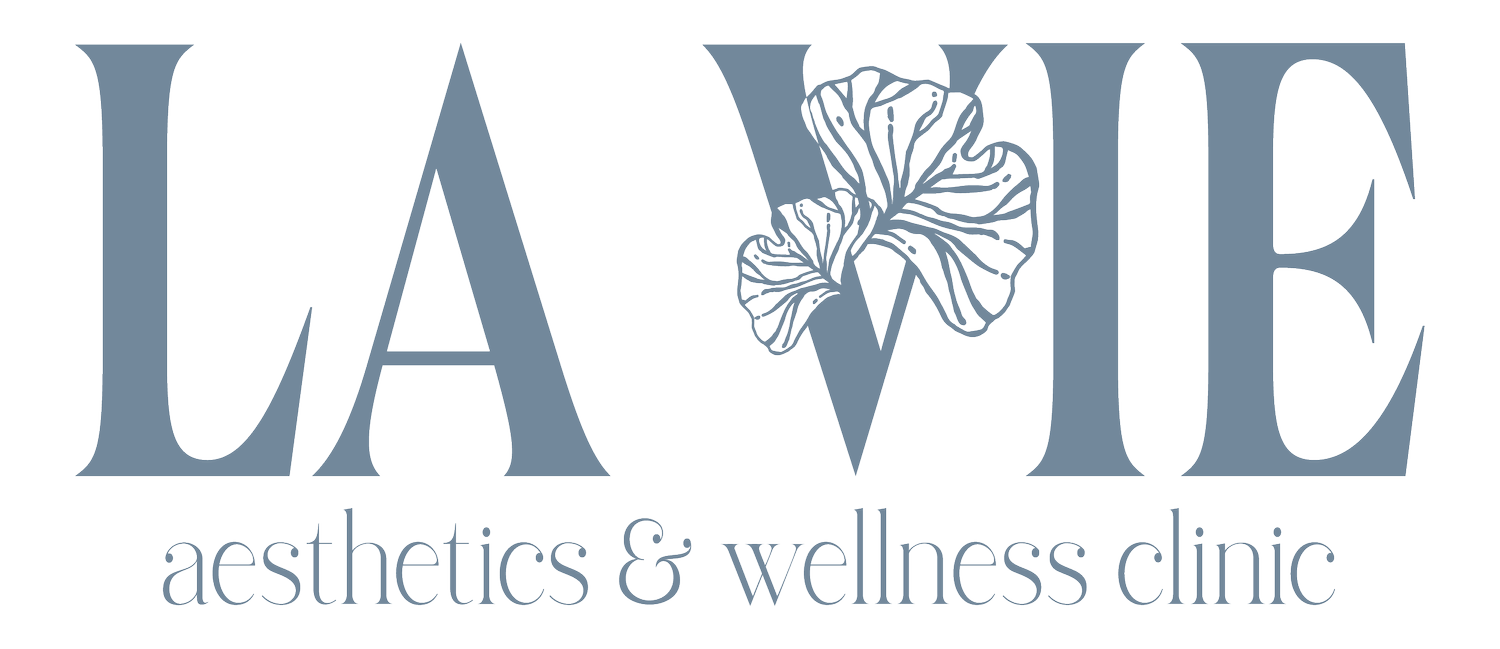The Essential Molecule for Energy & Vitality: Unlock the Power of NAD+
NAD, or Nicotinamide adenine dinucleotide (Ni·kuh·tee·nuh·mide a·duh·neen dai·noo·klee·uh·tide), plays a vital role in many body processes. Every cell in our body must function well to create a healthy and balanced environment, and each cell requires NAD+ to power it. Our livers produce NAD+ from a protein called L-tryptophan and then supply it to the body.
One primary function of NAD+ is facilitating ATP production within the cell for energy. From basic metabolic processes to complex cognitive functions, the body relies heavily on cells to maintain NAD+ levels. It contributes to detoxification at a cellular level and can slow diseases involving neurocognitive decline, cardiovascular disease, and metabolic disease, like diabetes mellitus.
Over 300 enzymes in the body rely on an ample supply of NAD+; DNA repair, cell signaling, and stress responses, in addition to organ and tissue function, need NAD+ to ensure optimal performance of the body as a whole. NAD+ occurs naturally in the body and is constantly created and recycled to keep balance within the cell, but as with many other things, NAD+ levels begin to decrease as we age. Low energy levels, cognitive or memory decline, and poor cellular repair and detoxification occur as the body naturally ages. Increasing NAD+ levels within the body can slow or reverse these effects. NAD+ is a cornerstone of energy production, health, and longevity. It can be considered the fountain of youth for your cells.
Increasing NAD+ Levels
Because NAD+ naturally occurs in the body, one can boost levels with dietary adjustments, supplements, and lifestyle changes such as regular exercise and a consistent sleep schedule.
Simple dietary adjustments can significantly boost NAD+ levels. You can take a proactive step toward your health by incorporating foods rich in resveratrol, a plant compound that enhances enzyme activity and NAD+ production. Foods containing NAD+, such as grapes, blueberries, cranberries, strawberries, broccoli, peanuts, pistachios, and dark chocolate, not only boost
NAD+ but also act as anti-inflammatory and antioxidant agents, protecting against cancer, autoimmune diseases, and heart disease. Similarly, foods high in naturally occurring fructose, like apples, peas, zucchini, and asparagus, have also been linked to increased NAD+ levels.
Maintaining NAD+ levels is about diet, supplements, and lifestyle adjustments. Consistent sleep, regular exercise, reduced alcohol consumption, and limited sun exposure are crucial. Consistent sleep means not only sleeping the same number of hours but also sticking to the same sleep/wake times. Exercise, in addition to its other benefits on physical and mental health, can help maintain NAD+ levels. Limit the amount of alcohol you drink, as it lowers NAD+ levels, and always remember to wear sunscreen with SPF 50 to protect your skin.
Supplements offer a direct and immediate route to increasing NAD+ levels. Various options are available in the form of oral treatments or injections. Taking a NAD+ precursor, such as NMN (nicotinamide mononucleotide) and NR (nicotinamide riboside), which can be directly converted to the active form of NAD+, can significantly boost levels.
While pills may take longer to show a noticeable change in energy levels and inflammation, injections can provide a more immediate impact by delivering higher concentrations of NAD+ directly to the bloodstream and bypassing the digestive system, which can often reduce the efficacy of oral supplementation. Many patients notice changes in their skin and hair and overall vitality and well-being after the first couple of sessions.
Consistency is the best strategy for the body. Change happens at a cellular level, and consistency allows the body time to use the new resources it's given. Discussing any new treatment with your healthcare provider is key to meeting your wellness goals. Contact our office to book your consultation with Dr. Lisa and learn more about what NAD+ could do for you.
843-945-1151
info@lavie-mb.com

